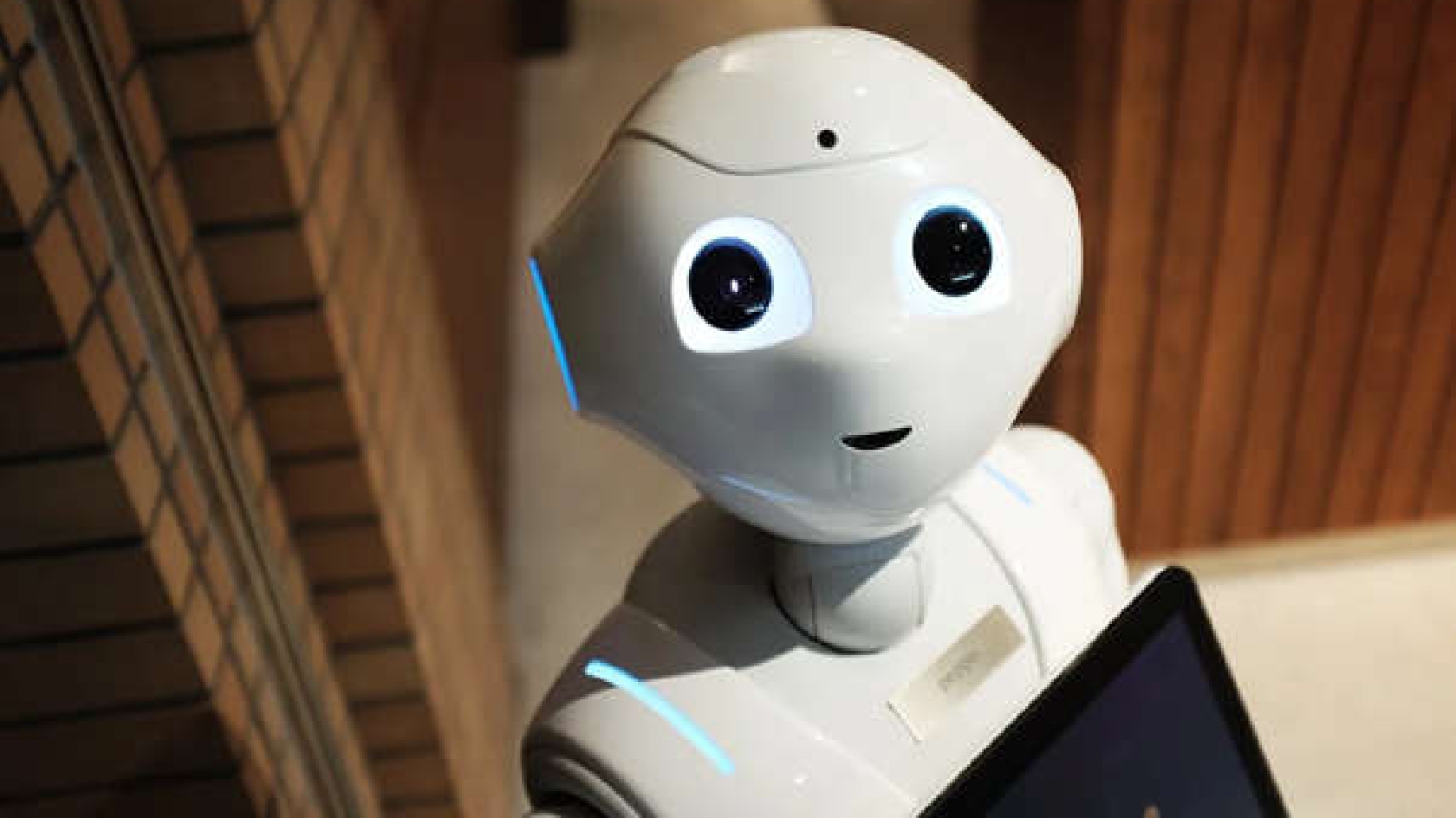
Artificial intelligence plays a huge role in the world around us. But does it extend to the education industry? Discover the role of AI in enhancing learning outcomes below.
Artificial intelligence has played a vital role in the modern world we have today. Everything from how we perform transactions, communicate, and more depends on AI. Its reach extends to various industries, but one of the least explored is education. AI found its way into the sector recently. Unlike traditional modules, it revolutionizes the entire structure. Nonetheless, many stakeholders are skeptical of its influence on improving learning outcomes. Let us explore the role of AI in schools and its benefits for teachers and undergraduates.
How AI Integration Improves Learning Outcomes
The school used to be a physical training environment. Today, the typical classroom environment is changing. AI offers personalized, adaptive, and engaging experiences. Below are various ways AI is enhancing education:
Personalized Learning
Every student is different. Hence, they need different tutoring styles and approaches. Asking a teacher to identify the strengths and weaknesses of all students is a pain. AI uses each student's learning style to provide a unique experience. Educators use it to develop custom study plans and materials. It matches students' skills, needs, and interests. It also determines what they know and how they learn best. Personalized learning ensures undergraduates receive appropriate support and challenge. It also enhances comprehension and retention.
Time Management and Flexible Operations
Automation is one of the most prominent benefits of artificial language. Undergraduates live hectic lives by juggling coursework, social life, and extracurriculars. Students with an excess workload get help with written work from AI assignment helpers. Online writing service gradesfixer.com helps with essays and frees up time, as the professionals write quality essay without plagiarism. They do this in half the time a student would and with better results. Undergraduates who get help from an assignment helper also have more time in school. Likewise, teachers use AI in education to reduce their administrative tasks.
Artificial intelligence allows educators to automate tasks like lesson planning and data management. Hence, it frees up their schedule for meaningful interaction with students. It also helps them focus on instructional designs and other tasks.
Intelligent Tutoring Systems
Artificial intelligence acts as a mentor and eliminates the need for on-hand teachers. This reduces the load on educators, as they don't have to be everywhere at once. Students expand their knowledge by tapping into the wealth of knowledge AI tools offer. The system provides guidance, immediate feedback, and explanations for queries. It analyzes the learner's response and uses it to offer interventions. Students also learn at their pace and get real-time solutions to problems.
Fosters Communication and Interaction
AI help tools like natural language processing allow interactive learning experiences. Students use voice assistant features to communicate with virtual assistants and chatbots. They also network with friends outside the school environment using chat rooms. Learners solve questions, discuss complex topics, and enjoy a more responsive learning environment.
Automated Grading
Teachers use artificial intelligence to test and grade assignments and exams. AI assesses multiple choice questions and provides consistent and unbiased grading. This eliminates the need for manual review and computation. As a result, it is valuable for grading large volumes of assignments. Students receive feedback faster than with traditional methods. Hence, the systems allow undergraduates to improve and make prompt corrections. AI-powered grading promotes scalability, fair evaluation, and detailed analytics.
Data Analytics
Algorithms identify learning gaps between teachers and college students. Educators use the tools to gather data on student performance, behavior, and preferences. They use the gathered data to point out areas for improvement and make informed decisions. It also helps them adopt strategies and identify at-risk students. This allows them to intervene and improve outcomes.
Artificial intelligence has revolutionized various aspects of our lives. Likewise, it will be a prominent part of the education system. It is transforming how students learn, the way teachers teach, and school operations. AI offers adaptive and personalized learning experiences. It allows educators to teach tailored materials, and students learn at their pace. Apart from this, it provides dynamic testing based on students' performance. Natural language processing enables interactive and conversational learning. The algorithms recommend content, provide data-driven insights, and free up time. AI has its challenges, but it is crucial for preparing students for a future in the digital age.














